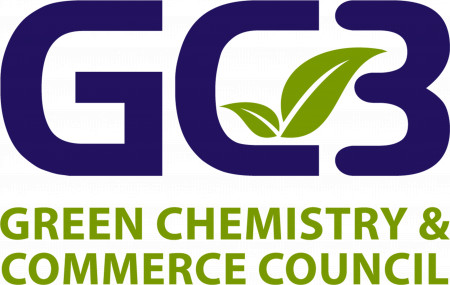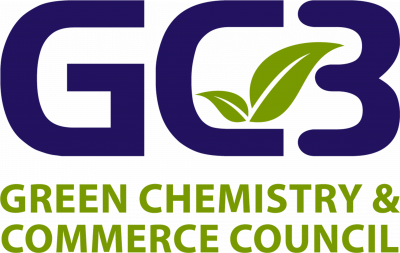GC3 Releases Blueprint for Using Green Chemistry to Advance a Circular Economy

LOWELL, Mass., February 4, 2021 (Newswire.com) - The Green Chemistry & Commerce Council (GC3) released a report designed to help companies throughout the industrial value chain harness the power of green chemistry to meet the growing need for a more sustainable economy. The report is titled "The GC3 Blueprint of Green Chemistry Opportunities for a Circular Economy."
The concept of a circular economy, advanced in particular by the pioneering work of the Ellen MacArthur Foundation, is based on the principles of designing out waste and pollution, keeping products and materials in use, and regenerating natural systems. Because the inputs that go into such a system can remain useful for much longer, a circular economy would consume far fewer resources and produce far less waste. But significant technical challenges must be overcome to achieve this vision. To create a thriving economy within the limits of our planet, we must transform all the elements of the take-make-waste system: how we manage resources, how we make and use products, and what we do with the materials and products afterward.
The GC3 recognized that green chemistry offers a powerful tool to meet those redesign challenges. With support from the Forsythia Foundation, the GC3 analyzed ways in which green chemistry can support and amplify the goals outlined in the circular economy models. The result is a "Blueprint" that can help companies throughout the value chain as they make design, sourcing, and manufacturing decisions that co-optimize efforts to drive the circular economy and green and sustainable chemistry forward.
Sara Wingstrand, Programme Manager for the New Plastics Economy at the Ellen MacArthur Foundation, remarks, "Green chemistry can play an important role in eliminating hazardous chemicals, a key part of the Ellen MacArthur Foundation's vision for a circular economy. We are delighted to see this report investigating the innovation opportunities on how green chemistry can support the transition to a circular economy for plastic, in which it never becomes waste or pollution."
The GC3 Blueprint serves as a foundational starting point, intended to evolve based on feedback and stakeholder engagement. In 2021, GC3 will host a new value chain forum to explore and elevate the critical role each field can play in enabling the objectives of the other to accelerate the commercialization of safer, sustainable solutions across sectors and value chains.
ABOUT THE GC3
Started in 2005, the Green Chemistry & Commerce Council (GC3) is a business-to-business collaborative that drives the commercial adoption of green chemistry by catalyzing and guiding action across all industries, sectors and supply chains. Over 125 organizations are members of the GC3.
www.greenchemistryandcommerce.org | @The_GC3
ABOUT THE ELLEN MACARTHUR FOUNDATION
The Ellen MacArthur Foundation is a UK-based charity, committed to the creation of a circular economy that tackles some of the biggest challenges of our time, such as waste, pollution, and climate change. A circular economy designs out waste and pollution, keeps products and materials in use, and regenerates natural systems, creating benefits for society, the environment, and the economy.
The Foundation collaborates with: its Strategic Partners (BlackRock, Danone, DS Smith, Google, H&M Group, Intesa Sanpaolo, IKEA, Philips, Renault, SC Johnson, Solvay, Unilever, The Eric and Wendy Schmidt Fund for Strategic Innovation, SUN, MAVA, players of People's Postcode Lottery (GB) and its wider network of businesses; governments, institutions, and cities; designers; universities; and emerging innovators to drive collaboration, explore opportunities, and develop circular business initiatives.
www.ellenmacarthurfoundation.org | @circulareconomy
Rachel Simon
Green Chemistry & Commerce Council (GC3)
626-203-7834
Rachel_simon@uml.edu
# # #
Source: Green Chemistry & Commerce Council (GC3)
